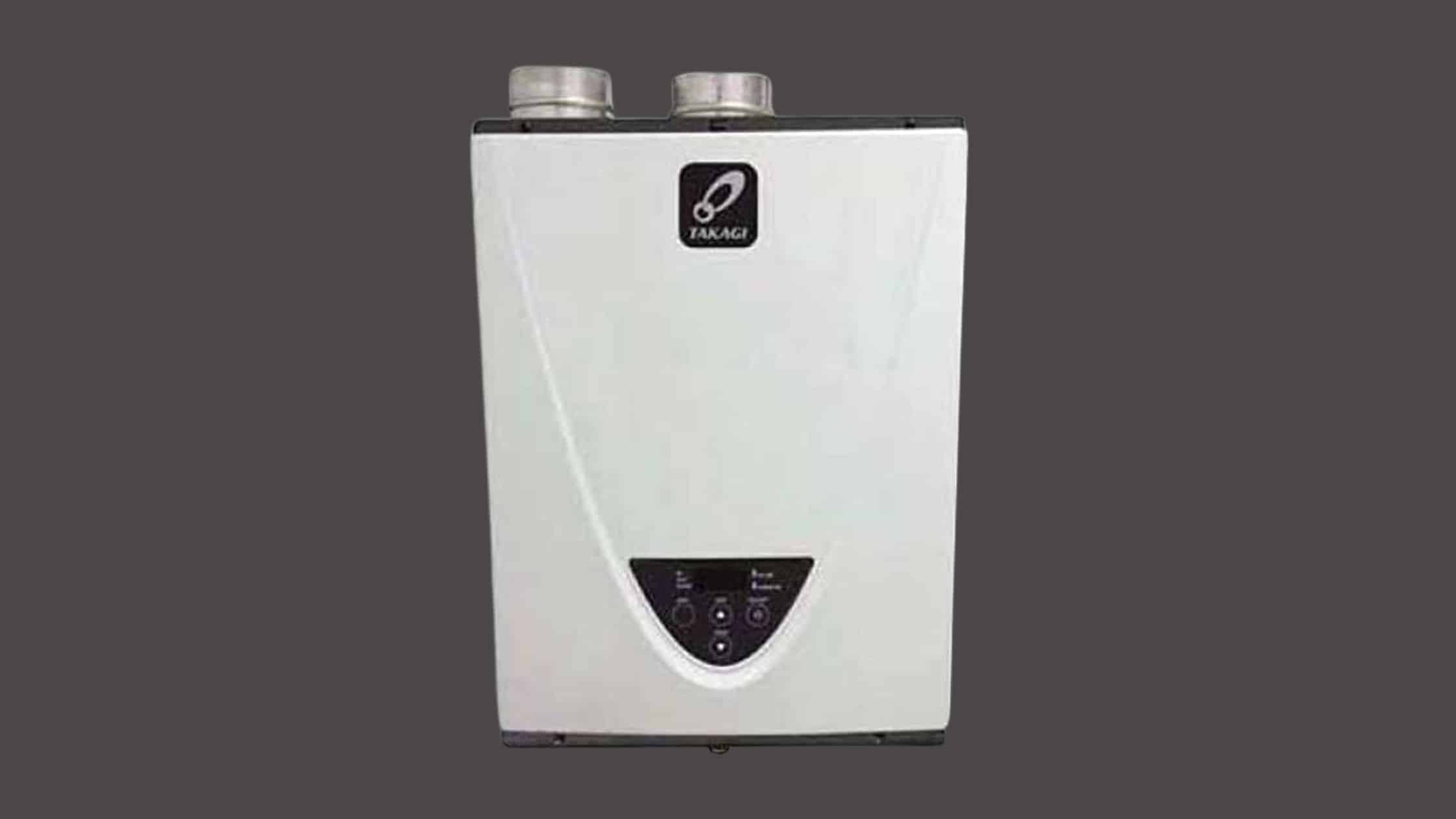How do you know if you need to buy a new condensing or non-condensing tankless water heater? Are you confused by all of the options? There are many choices in gas-fired and electric tankless water heaters, so here is a brief overview of each type to help you decide which one will work best for you.
What Is a Condensing Tankless Water Heater?

A condensing tankless water heater is one of the most efficient water heaters you can purchase. It provides better efficiency in a smaller package than a traditional tankless water heater. Condensing tankless water heaters operate in a manner that causes water to condense inside the tank rather than evaporate. This is why condensing tankless water heaters are much more energy efficient.
How Do Condensing Tankless Water Heaters Work?
A condensing tankless water heater uses an expansion valve to control the flow of water through the unit. The expansion valve creates a smaller opening in the main water line, allowing the system to more efficiently remove the water from the coils. The expansion valve also acts as a safety feature by creating a block in the flow of water if there’s a problem with the heating element.
A condensing water heater runs on electricity and a built-in fan that keeps the air circulating. The fan is used to keep the system running continuously. This type of system provides you with hot water faster than a non-condensing model, but it does so at the cost of increased energy consumption.
In a non-condensing system, the electric resistance element heats the water. It’s a good option if you want to keep your thermostat set to a lower temperature. The heating elements are usually placed at the top of the unit.
What Is a Non-Condensing Tankless Water Heater?

Non-condensing tankless water heaters operate differently than condensing tankless water heaters. Non-condensing tankless water heaters circulate hot water through a coil without the water ever condensing. This is because the hot water does not contact the coil which allows the water to circulate freely. However, the coil is still very warm to the touch.
How Do Non-condensing Tankless Water Heaters Work?
A non-condensing tankless water heater works by heating water to a lower temperature than a traditional storage water heater and storing it in a reservoir. This is done so that there’s no need for a large heat exchanger in the furnace. A non-condensing tankless water heater doesn’t use a lot of energy since there is no need for a large heat exchanger.
In a non-condensing tankless water heater, water passes through a tube in the wall of the water tank, heating the water in the tube. The water is then pumped back into the tank.
Non-condensing tankless water heaters are most useful in areas where there isn’t a lot of space in the basement or crawlspace, such as in a small apartment.
Which Type of Tankless Water Heater Is Best?

Which one is better, a condensing and non-condensing tankless water heater? Here’s an overview of each option, which helps to explain why you may want to consider one of these different options.
You can decide between a condensing or non-condensing tankless water heater based on a number of factors. Some of the most important factors to consider when deciding which type of tankless water heater you will need include:
Water Pressure
This is an extremely important factor for all types of tankless water heaters. For condensing tankless water heaters, your water pressure needs to be above 25 psi. A non-condensing tankless water heater requires a minimum water pressure of 50 psi. As a general rule, the higher the pressure the better.
Energy Efficiency
In addition to considering your water pressure, it is also important to consider the energy efficiency of your tankless water heater. Generally speaking, condensing tankless water heaters are more energy efficient than non-condensing tankless water heaters, though there are exceptions. The cost of your tankless water heater will also be a consideration.
Duration of Lasting
Depending on how you plan on using your tankless water heater, this is another important factor that you should consider. As a rule of thumb, most tankless water heaters last anywhere from 20 years to 30 years, no matter if its condensing or non-condensing.
Cost
Your water pressure and energy efficiency are two big factors in determining the price of your tankless water heater. As a general rule, condensing tankless water heaters are generally more expensive than non-condensing ones.
Environment Friendly
Lastly, you have to consider whether or not your tankless water heater is environmentally friendly. For example, a condensing tankless water heater will use less energy because it will not produce as much steam as a non-condensing tankless water heater would.
Condensing vs Non-condensing Tankless Water Heater – Conclusion
So, after taking all these factors into account, the conclusion is that a condensing tankless water heater is a better choice than a non-condensing one. As for the cost of your tankless water heater, you will have to decide if you are willing to pay more for a more energy efficient tankless water heater.
As for duration of lasting, there isn’t really any way to accurately predict the time period that your tankless water heater will last for. This will depend on how you intend on using your tankless water heater, which can’t be determined beforehand. As for environment friendly, a condensing tankless water heater is better than a non-condensing one since it will use less energy and produce less steam.
Being said that, we hope that you have got a clear overview on condensing vs non-condensing tankless water heater.
Also Read:
Tankless Water Heater Pros and Cons
Best Tankless Gas Water Heater Reviews
Best Electric Tankless Water Heater Reviews
- Solar Panel Maintenance And Cleaning Tips You Must Know - January 5, 2023
- Tips For Zero Waste Living in 2023 - January 2, 2023
- What Is Condensing Boiler and Why Do You Need It? - December 11, 2022

